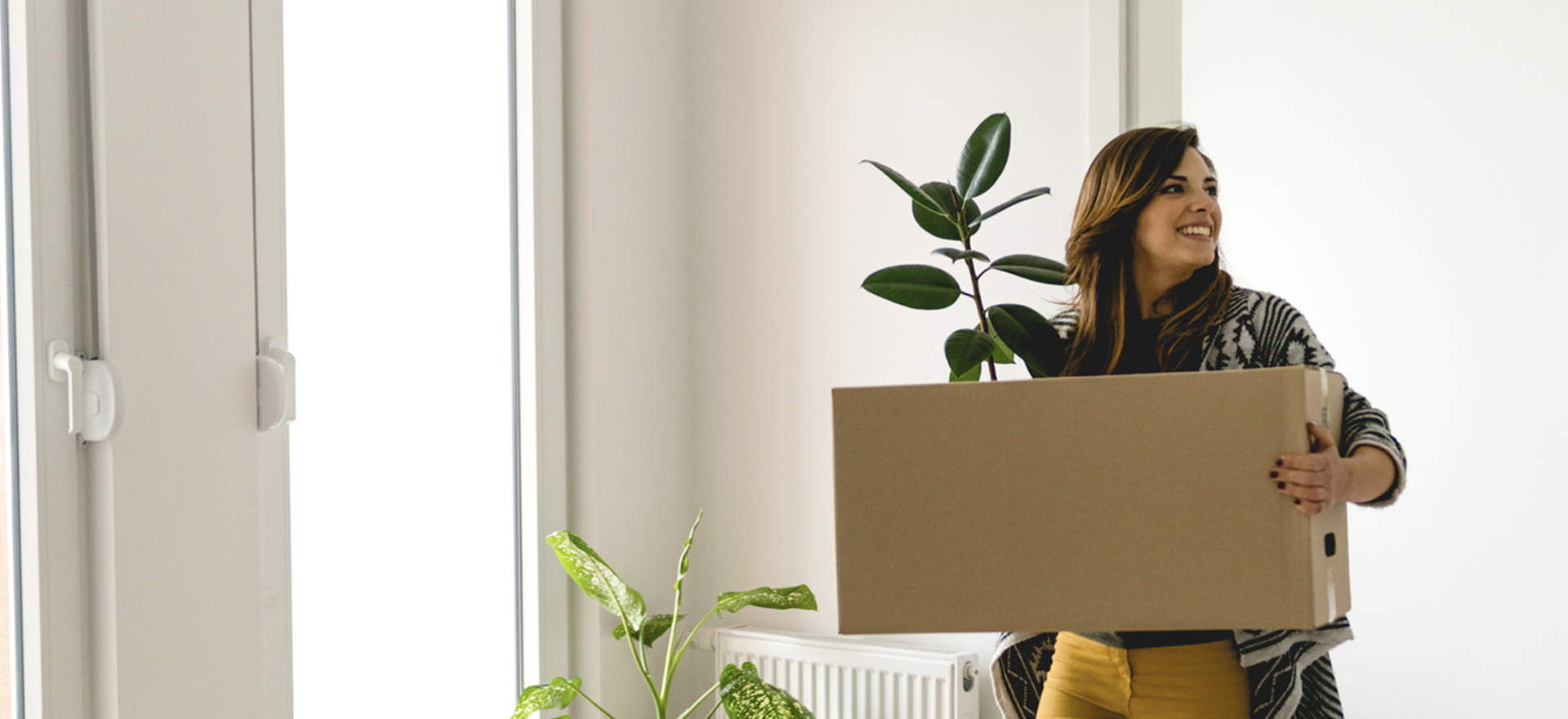
Know what you want
Look, we’re sure you’ve probably done this already, but it really pays to have a clear picture of what you want your life to be like after flying the coup.
What type of area do you want to live in? Is proximity to shops, cafes and nightlife your preference, or would you prefer a quiet, secure spot where you can park off-street? Whether you’re planning to rent or buy, different suburbs come with different price-tags, so take this into account.
Try and think about your personality type, and match this to a living situation that will suit you. Do you crave solitude and peace at the end of the day, or do you like the idea of coming home to your housemate’s friendly faces. Living alone usually means you’ll have to shoulder more financial burden in the form of bills/utilities, etc, but it does mean you can keep things simple financially, and aren’t reliant on anyone each fortnight for rent.
I want to survive as a student
We know student life can be brutal, so here’s how to keep more money in your pocket.
Know how much you'll need
Next, let’s think about the place you’ll be moving into. You’ve probably pictured what it looks like a thousand times, but in these visions, do you rent or own? Here’s the breakdown on each for first timers.
1. Renting
If you’re a first time renter, there’s more reason than ever to proceed with caution. Whether going it alone or moving in with friends, know what’s in your lease before signing. You’ll be asked for a security/bond payment up front, usually equivalent to a month’s rent, so be prepared for this. Providing you look after your new place, you’ll get this deposit back when moving out.
Don’t forget to pay your rent – set up regular deposits within internet or mobile banking, and an email or sms alert can’t hurt to let you know when rent has come out. Automating this process will help with your budgeting, too – you’ll know how much you have to play with after rent.
2. Buying
If you’re planning on moving out into a house you’re buying, there’s a lot more to think about. To get started, you’ll need your deposit, and the more you can save, the less you’ll have to borrow. Take advantage of online calculators to help you determine your ideal deposit amount. You’ll also need to know your borrowing power, to help you get an idea of the property price range you should be looking at – knowing this in advance helps too. Once you’ve got these two down, it’s on to looking for the best home loan to suit your needs.
Oh, and don’t forget some of the additional costs of buying, such as stamp duty, inspection and legal fees, as well as the ongoing maintenance of the property.
I want to buy my first home
Buying your first home should be one of the most exciting experiences of your life, but you need the right advice to make sure the process runs smoothly.
Insurance
Something you may never have considered before if you’re still living at home is insurance – you’ve probably always been under mum and dad’s cover, right? Have a think about it before you start packing up your room.
First, make sure your valuables are covered with contents insurance – this will look after things like jewellery, laptops, clothing and appliances. If you’re buying your first place, cover your bricks and mortar with home insurance, and if you’re mobile, getting insurance for your car or motorbike can’t hurt either.
Moving Day
Finally, before the time comes for you to hit the road to greener pastures, there are a few things left to tick off your to-do list.

